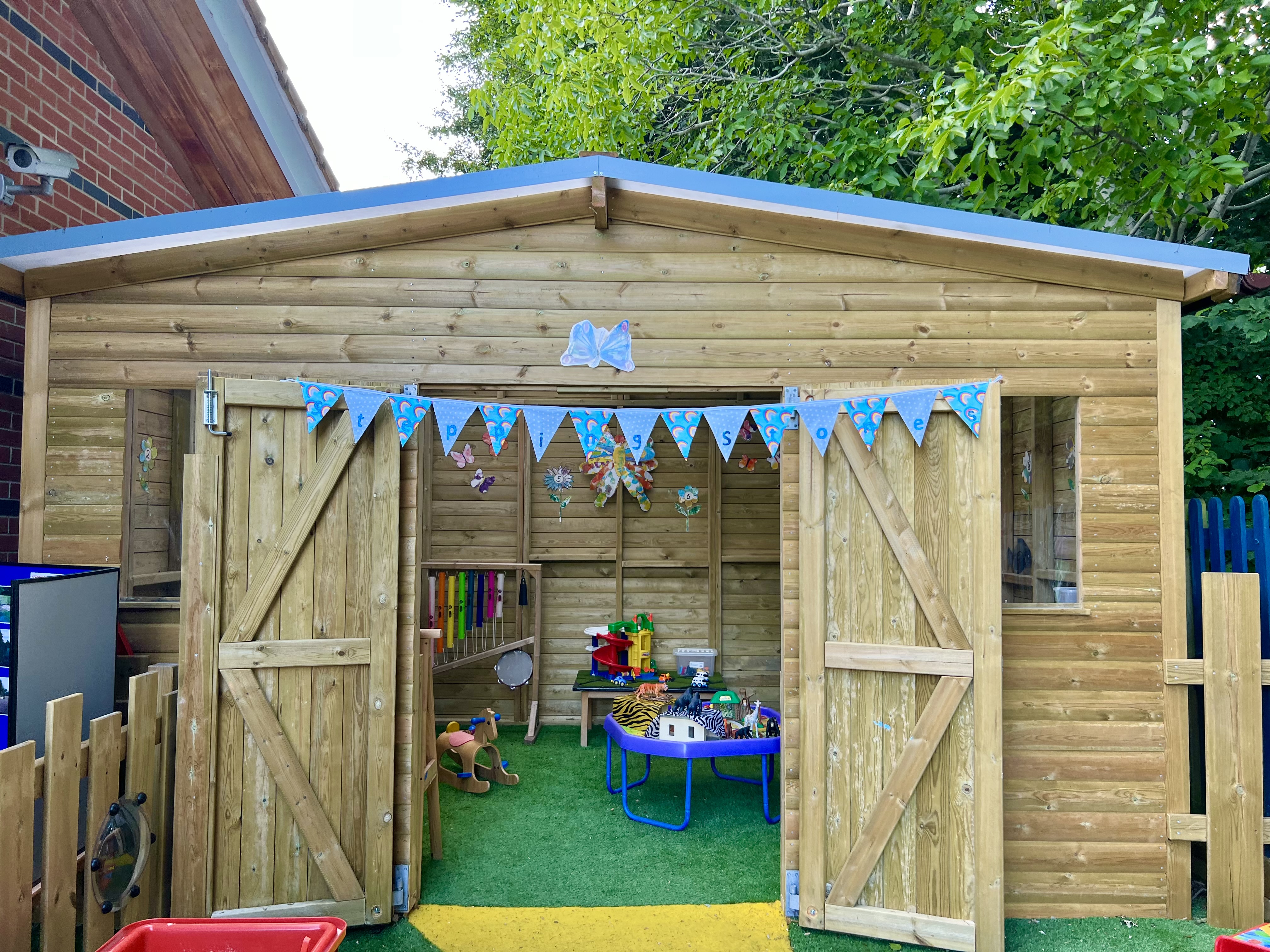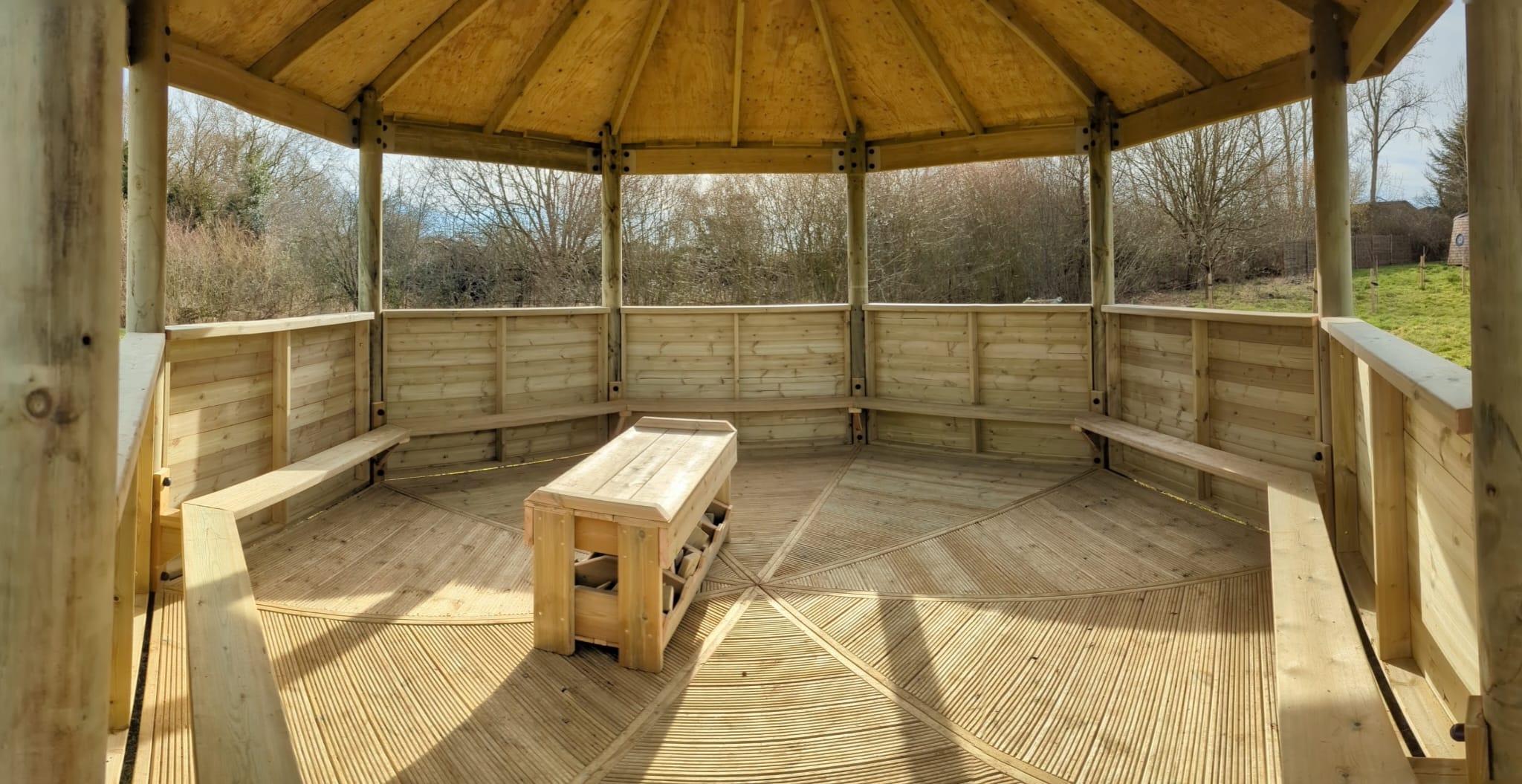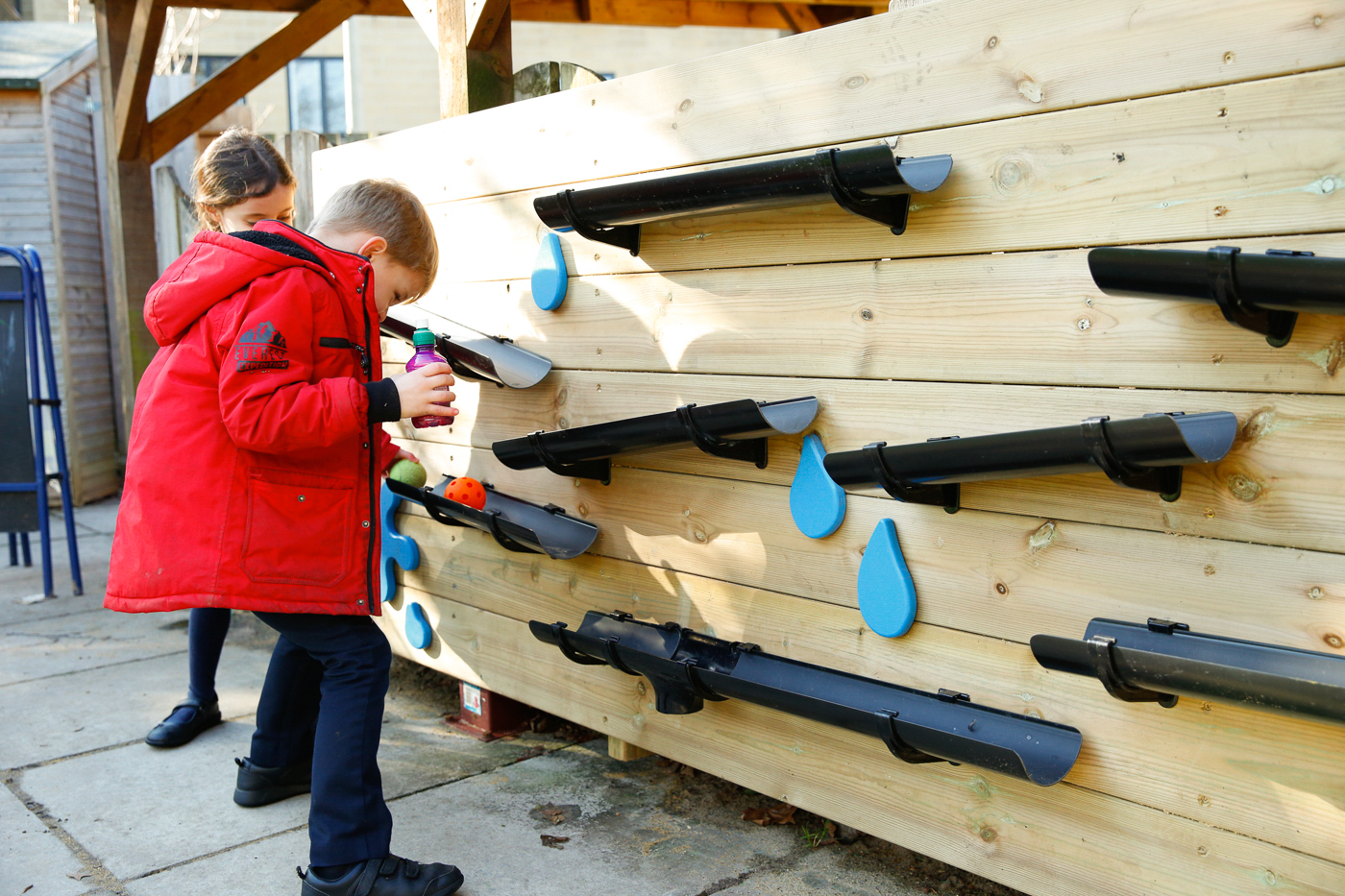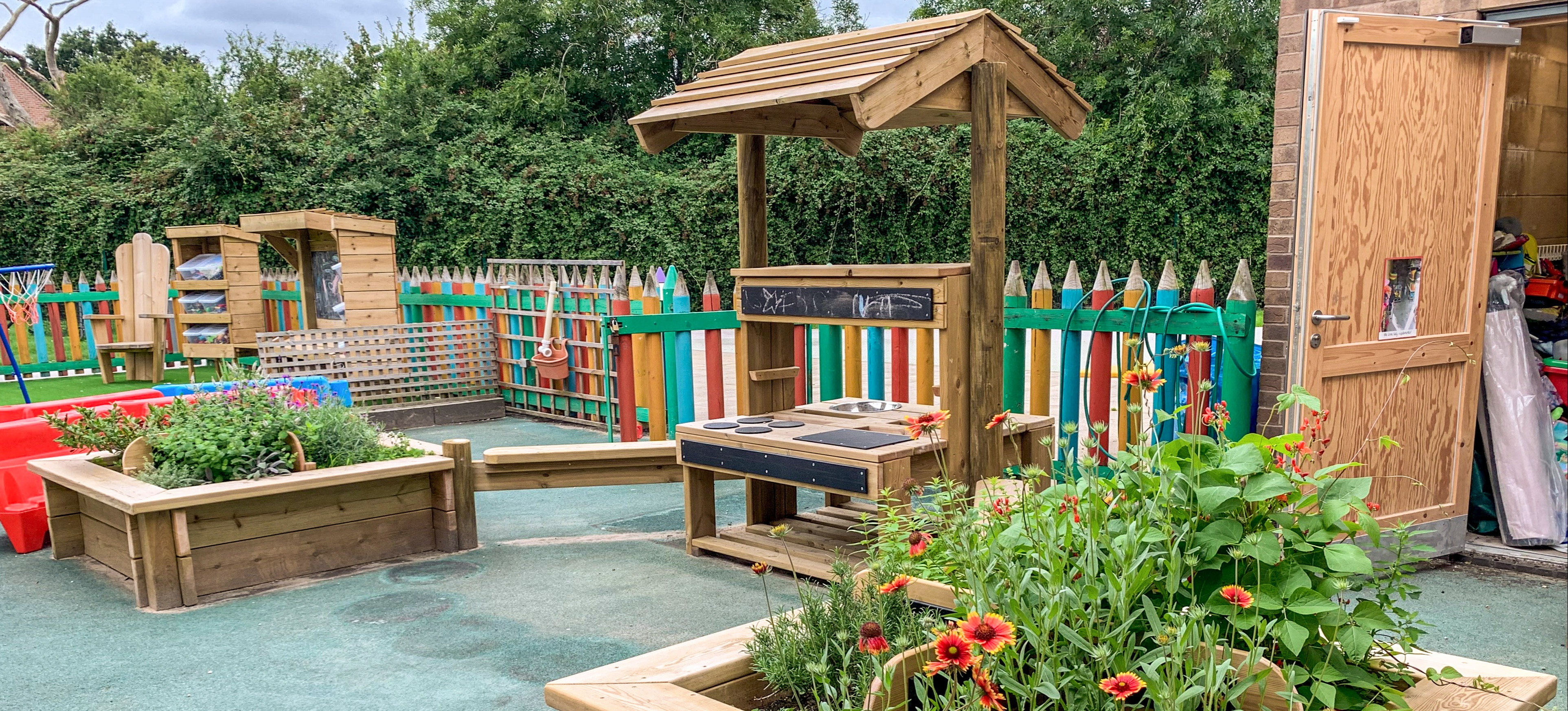A recent 2022 government study, “Best start in life”, looked into what goes into creating a fantastic pre-school education for children aged 0-4 years old.
By investigating the pedagogy, staffing, context, and principles of early years, the study aimed to support nurseries, pre-schools, and other childcare providers in creating the best possible early years setting for young children in the UK.
Since the original report is 20 pages long, and educators always have a hundred and one things to do, we thought we’d break the findings down into some easily readable highlights.
Setting the Scene
Despite a small drop of total attendees following the covid pandemic, we are currently looking at the first generation of young children where the majority of under 5s are spending a large amount of time in childcare settings.
As of 2021, 62% of 2 year olds and 90% of 3 and 4 year olds have a place in early years education.
The Importance of Early Education to all Children
In the long term, there’s a clear correlation between children attending early years care and attaining highly in their GCSEs. In the short term, early years education is shown to benefit children, especially in terms of language and communication.
.png?width=425&height=425&name=DBD%20%205%20(5).png)
This has a particularly large impact on children who have special educational needs, use English as a second language, or who come from a disadvantaged background. This is because these children are more likely to be among those who begin primary school with less developed communication skills, which is shown to have a poor impact on attainment throughout primary school, especially for boys.
This ability for EYFS settings to have a positive impact on children’s social and communication skills is particularly important in the aftermath of the pandemic. Young children joining these settings today are likely to have had less opportunities for interactions with those outside their family.
Perhaps as a result, it’s been observed that, as a cohort, this generation of children have less developed language skills and struggle more with social skills such as turn taking and sharing. To support this gap in development, many early years settings provide language rich environments and make an effort to let children practise many different types of social interactions with adults and other children.
Staffing in the early years
Staffing in early years is incredibly diverse, from registered childminders, to qualified nursery school teachers, to those training toward childcare apprenticeships, and many other dedicated individuals. This makes it difficult to make staffing recommendations for the entire workforce.
Several studies found that children’s attainment improved when the EYFS staff they worked with were trained to a high level, with qualified nursery teachers having the highest impact on quality of provision. In 2012, this led to changes in the early years training process, requiring level 2 qualifications in maths and English to train towards a level 3 in childcare. However, this in turn has made recruitment more difficult in the sector.
To improve the recruitment prospects of the sector, committees including The Organisation for Economic Co-operation and Development have suggested:
- Increasing the level of pay for staff
- Boosting the skills of existing EYFS staff
- Removing more barriers to progression for early years teachers
- Promoting the status of jobs in early years.
- Making steps to form a positive, inclusive team culture in each workplace
On top of strong initial training for staff, other factors for a higher quality childcare setting were found to be:
- Low staff turnover
- Staff who know children and their interests well
- Sufficient funding to support professional development for staff (in person or online)
Curriculum and Pedagogy in Early Years
There is no one perfect curriculum to teach a group of young children, nor one correct way of teaching it. The early years framework doesn’t include formal subjects and exactly what is taught often varies across different places of learning.
However, studies found that a successful curriculum is planned and implemented with the following factors in mind:
- Prioritises important end points children should reach by the time they finish early years education
- Follows a logical sequence for what all children should learn, rather than this happening by chance on an individual basis
- Designed using a progression model
- Considers any prior knowledge needed for the planned learning (for example, familiarity with fairy tales) without assumptions and plans to fill these gaps.
- Values any type of cultural capital children can bring as a celebration of diversity
- Considers the local context of the childcare setting
- Gives children the chance to explore and develop new interests, not just their existing ones
Kids need that outdoor connection to feel safe and secure, but they are constantly being told to stay inside. When outside, they have more freedom to play and develop their health and well-being as well as their social needs.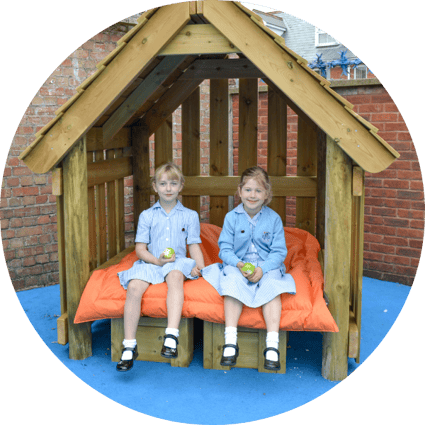
Executive Function
Executive function covers mental processes including
- Control of attention and behaviour
- Holding concepts or information in a working memory
- Switching between tasks
- Trying multiple approaches to a problem
A child’s level of ability in these affects how they navigate tasks, stay focused, explore different ideas, and forge new connections in their learning. Several international studies have found that the executive function ability of children at 5 years old often predicts their academic ability in the upper years of primary school and beyond.
By supporting the development of these abilities from birth, it’s thought that we can help children to reach the best educational outcomes and opportunities as they grow. Some ways this can be supported in early years might include:
- Practising retrieving knowledge multiple times to help it to enter children’s long-term memories, relieve the strain on working memory, and enable new connections between concepts to be made.
- Encouraging children to actively practise these skills (for example, focusing on one small thing for a set appropriate amount of time), rather than only passively providing opportunities
- Continually building on what teachers or other adults have observed they can already do in terms of executive function.
Play in Early Years
Early Years Settings are a valuable time for children to experience all types of play. This might be independent exploring with materials, social time with peers, imagining scenarios, or playing games led by an adult.
An effective early learning provision will know when certain play activities need adult intervention of some kind for children to get the best possible learning outcome. This often doesn’t need to be throughout the activity, but strategic modelling, questioning or even explicit teaching can provide some structure to the learning, especially if this is the first time a child is trying a new skill.
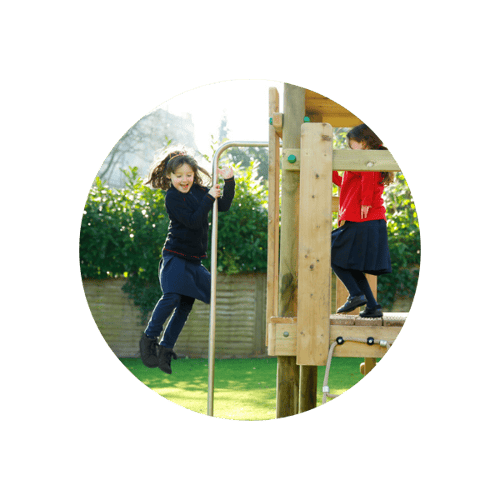
Setting up areas with stimuli to build on earlier learning can also encourage children to continue to retrieve information and apply it to new situations when playing independently.
It was additionally suggested that children should be encouraged to try many forms of play, not just the ones they feel the most comfortable with, so they can benefit from more kinds of development opportunities. For example, it was found that boys tended to avoid language-based activities when given free choice.
Explicit Teaching in Early Years
In some spheres, explicit teaching is frowned upon in early years, however, it is found to be highly effective when used in a focused way in small sessions. Laying out the steps for, for example, forming a letter or doing up buttons on a coat can make the learning clearer and more achievable for young children. They also often benefit from learning from the vocabulary modelled by an adult during these moments.
The skill can then be solidified and practised through other teaching methods. For example, through guided play or through accessing the stimuli in a zone of the nursery setting.
Let dbdplay Help
We design and build playgrounds for nurseries, early years, and beyond to support young children's development and skill-building.
View our full range of quality outdoor play and learning products here. We’ll work together to design a space that is truly exceptional. Contact us here to make your dream play area a reality!
Lynzi Tiner
Early Years Advisor and Forest Schools Leader
Originally published Jan 4, 2023 12:57:17 PM , updated January 30, 2024



